Section 33(5) of IBC doesn’t bar legal proceedings against a ship owned by Corporate Debtor in liquidation: Bombay HC
It is evident upon reading Section 33(5) that this clause merely forbids the filing of a lawsuit or other legal action against the Corporate Debtor. It in no way precludes the filing of a lawsuit or starting another legal action against a ship or vessel owned by the corporate debtor.

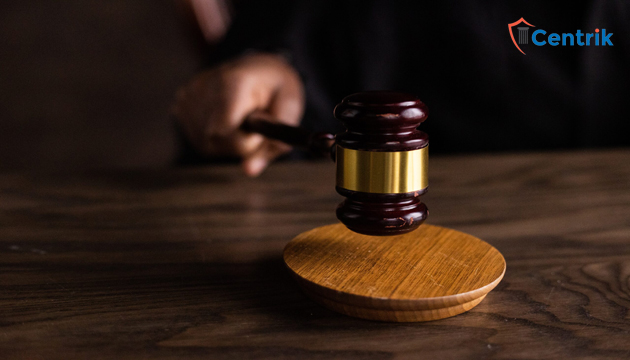


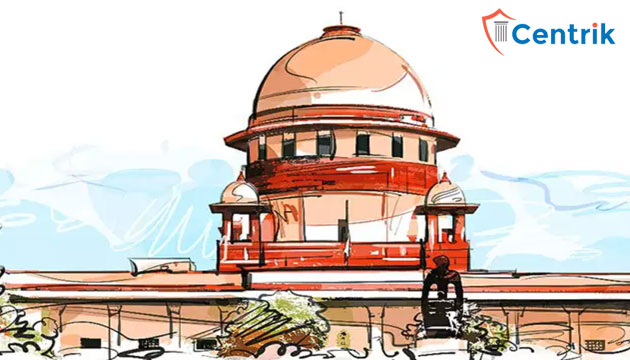


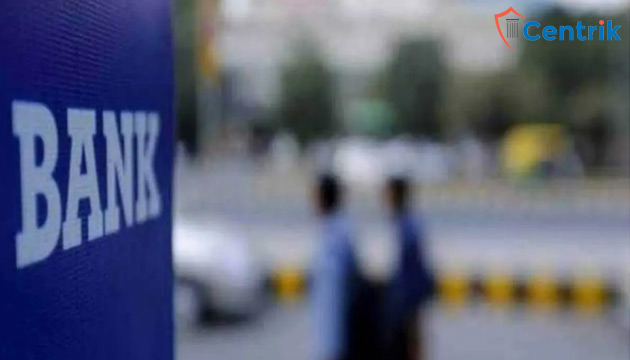
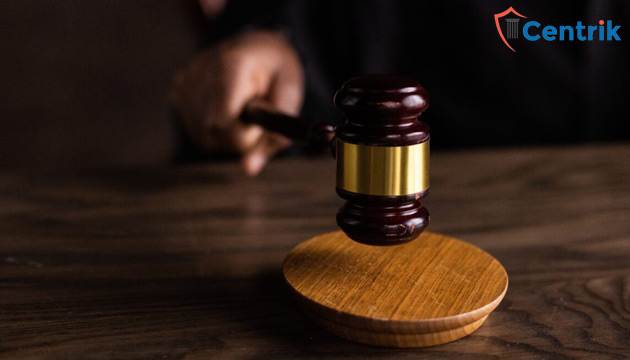
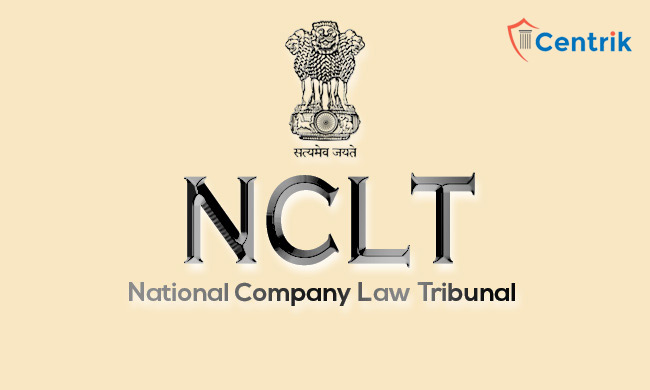
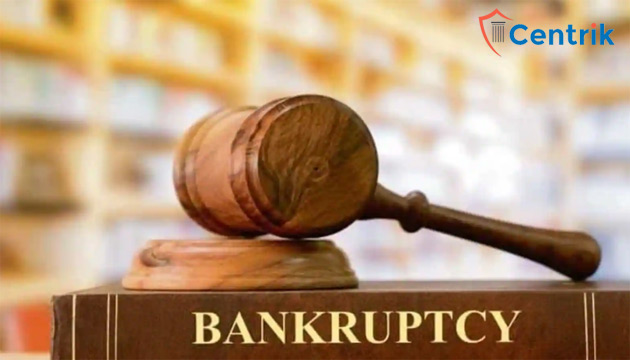


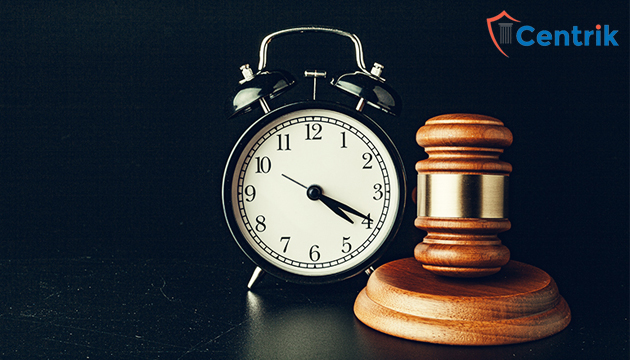
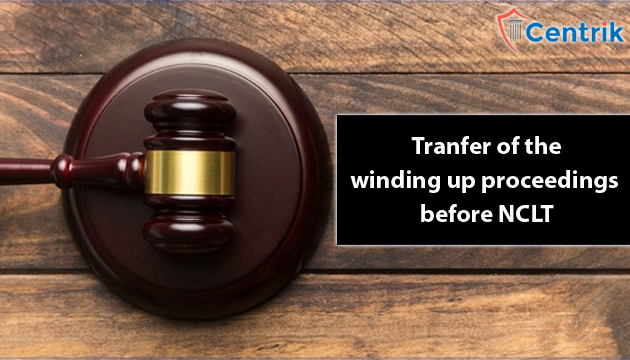

 join For Updates
join For Updates